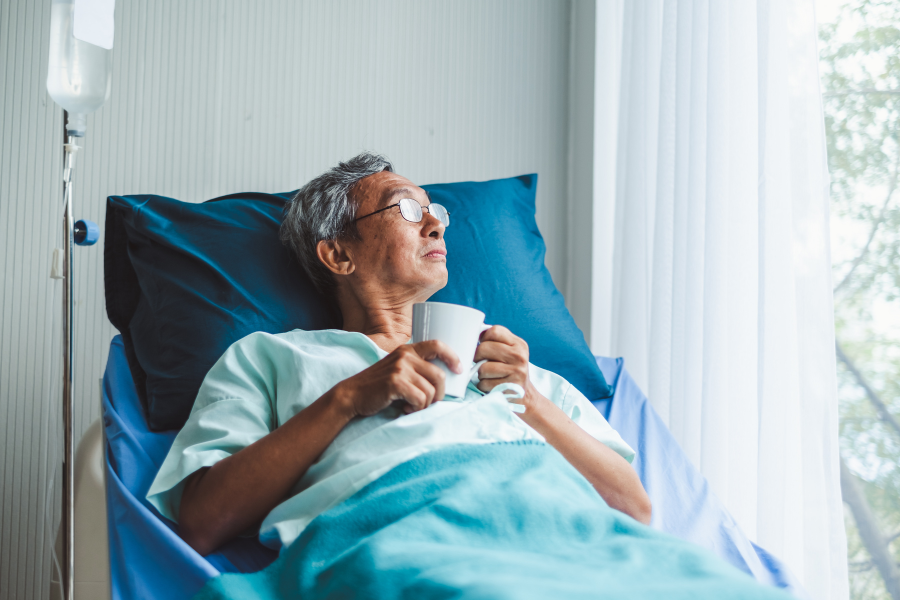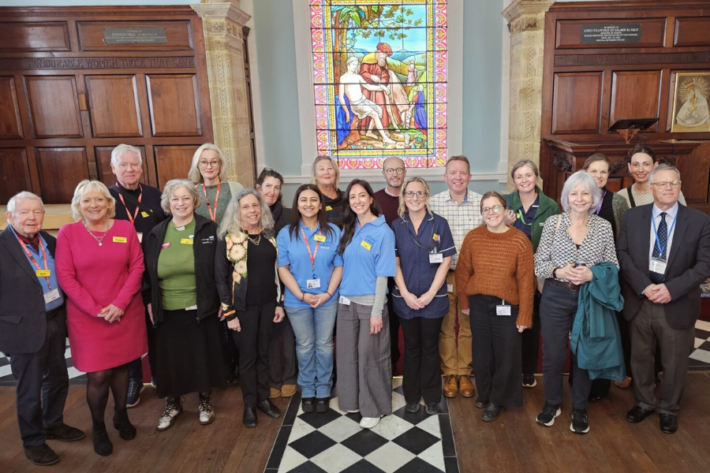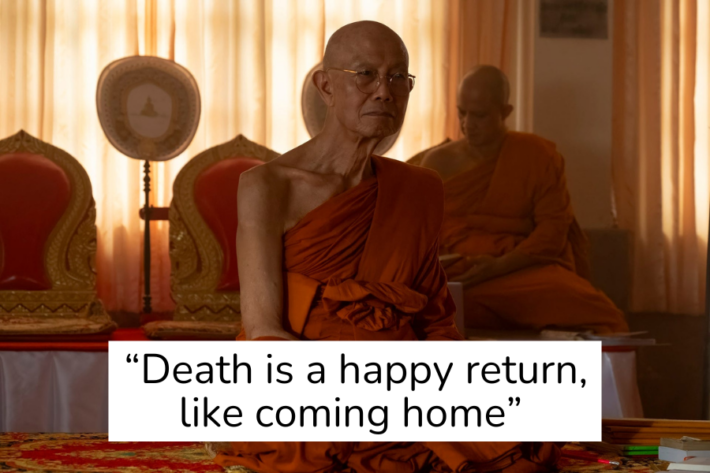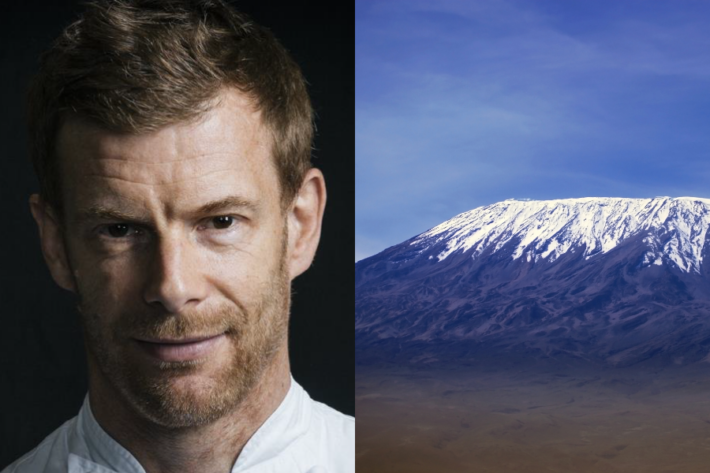What is a death doula?

You may have heard of birth doulas – helping parents in the run up to the birth, during labour and after it, based on what’s required. But have you heard of death doulas? They’re becoming more and more popular – helping people at the other end of life’s journey.
The word doula is taken from Ancient Greece – “a non medical professional who provides guidance for the service of others and who support’s another person through a significant health-related experience”.
Death doulas, who can also be known as end-of-life doulas, soul midwives, death coaches, dying guides, death midwives, or palliative care doulas, provide non-medical support to people nearing the end of their lives. The term varies based on the practitioner’s preference, training and cultural norms.
They help people with life-limiting or terminal illnesses to approach their final months, weeks, days and hours with as much quality and comfort as possible. This can involve helping with funeral plans, discussing the dying process, or assisting with care appointments. Sometimes, their role is simply to be there, offering companionship.
Death doulas also extend their support to the family, friends, and neighbours of the dying person. They help them cope with anticipatory grief and even after a person dies, doulas can continue to support the grieving family.
Most Death doulas are usually self employed, some work on a volunteer basis, and some charge for their services. For more information about Death Doula’s visit Living Well Dying Well and End of Life Doula UK.
What’s the difference between a Death Doula and an ‘End of Life/Butterfly’ Volunteer?
End of Life volunteers usually work under the umbrella of a healthcare organisation. We provide bespoke training for their volunteer coordinator, who in turn trains the volunteers to support people in their hospital, community NHS Trust or hospice to provide company and support to people who are dying.
Liz Pryor, CEO and Founder of the Anne Robson Trust said “Whenever I’m speaking to volunteers I try to explain the role very simply – you’ll be a human being, sitting with another human being in the last days and hours of their life so they know they’re not alone. I’m constantly humbled by the amazing people who come forward to take on this challenging role”.



